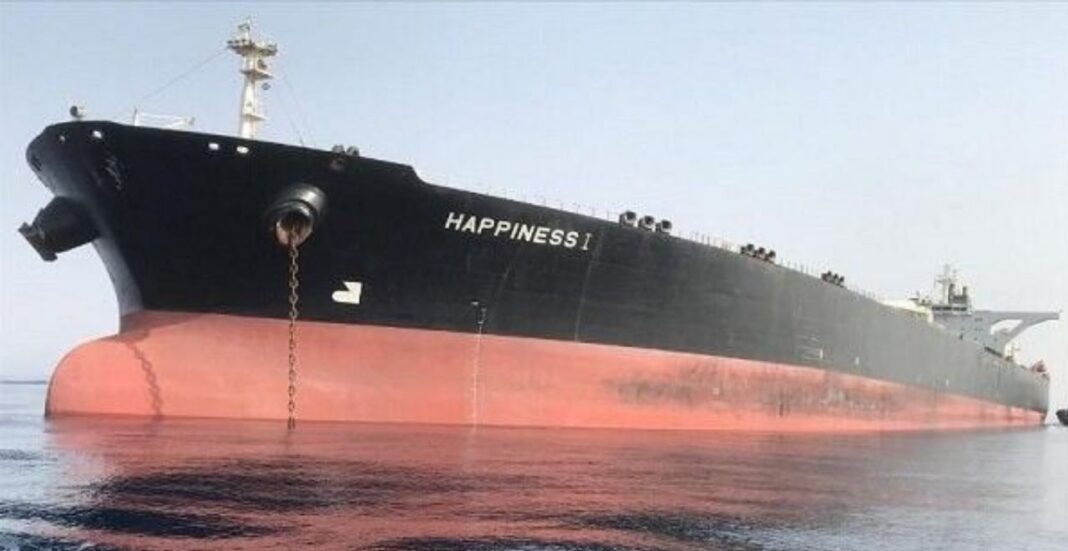“We have learned that one of Iran’s oil tankers ran into technical problems while on its mission, and the circumstances in the environment forced it to dock at the Saudi coast. However, Saudi Arabia wouldn’t let the oil tanker leave after it underwent repairs,” said Mansour Haqiqatpour, an ex-MP and former member of Parliament’s National Security Commission.
“Incoming reports suggest that Saudi Arabia demanded the payment of an exorbitant repair cost, which makes it all the more necessary for the Foreign Ministry to follow up the issue in order to solve the problem,” he noted.
Meanwhile, Iranian Petroleum Minister Bijan Namdar Zanganeh also weighed in on the issue.
“Iranian officials are pursuing the matter through the National Iranian Oil Company in order to return the oil tanker to Iran. In addition to financial costs, the presence of our personnel there and the possibility of the outbreak of an environmental disaster are also important,” said Zanganeh.
Earlier, an Iranian lawmaker warned Saudi Arabia against holding the oil tanker “hostage,” describing it as an “illegal seizure” and a case of “ransom-seeking” aimed at gaining concessions from Iran.
Mohammad-Javad Jamali Nobandegani, a deputy chairman of the Iranian Parliament’s National Security and Foreign Policy Committee, said “Saudi Arabia’s refusal to discharge the Iranian vessel in the Arab country is a sort of ransom-seeking and hostage-taking. I think Saudis want to use the situation to take revenge for the damages they have suffered in such places as Yemen.”
However, he added, this is a “stupid and childish game, which will finally result in Riyadh’s harm.”
The Iranian oil tanker was plying across international waters when it ran into technical problems.
As the port of Jeddah was close by, the vessel, under international regulations, asked to dock at the port in order to undergo repair works. However, Riyadh refused to allow the oil tanker to leave the port after repair work was done.
